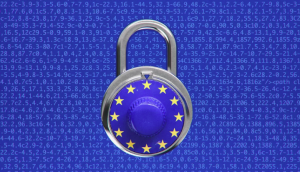The European Parliament has voted in favour of the Copyright Directive, a controversial piece of legislation intended to update online copyright laws for the internet age.
The directive was originally rejected by MEPs in July following criticism of two key provisions: Articles 11 and 13, dubbed the “link tax” and “upload filter” by critics. However, in parliament this morning, an updated version of the directive was approved, along with amended versions of Articles 11 and 13. The final vote was 438 in favour and 226 against.
The fallout from this decision will be far-reaching and take a long time to settle. The directive itself still faces a final vote in January 2019 (although experts say it’s unlikely it will be rejected). After that it will need to be implemented by individual EU member states, who could very well vary significantly in how they choose to interpret the directive’s text.
The most important parts of this are Articles 11 and 13. Article 11 is intended to give publishers and papers a way to make money when companies like Google link to their stories, allowing them to demand paid licenses. Article 13 requires certain platforms like YouTube and Facebook stop users from sharing unlicensed copyrighted material.
Critics of the Copyright Directive say these provisions are disastrous. In the case of Article 11, they note that attempts to “tax” platforms like Google News for sharing articles have repeatedly failed and that the system would be ripe to abuse by copyright trolls.
Article 13, they say, is even worse. The legislation requires that platforms proactively work with rightsholders to stop users uploading copyrighted content. The only way to do so would be to scan all data being uploaded to sites like YouTube and Facebook. This would create an incredible burden for small platforms and could be used as a mechanism for widespread censorship. This is why figures like Wikipedia founder Jimmy Wales and World Wide Web inventor Tim Berners-Lee came out so strongly against the directive.
more at theverge.com
Ask me anything
Explore related questions

